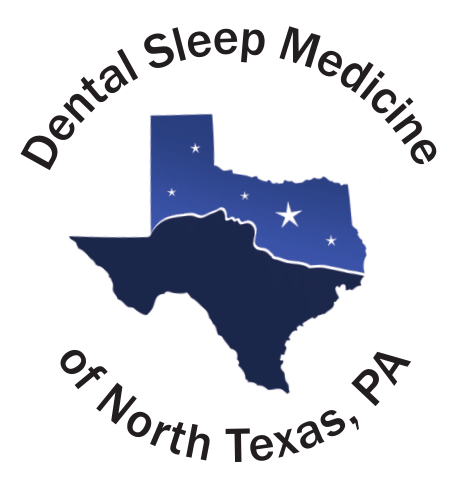Your Guide to Better Sleep and Health
Do you often wake up feeling tired and irritable in the morning? Although you may be going to bed at a reasonable hour, sleep apnea may prevent you from sleeping soundly through the night.
Sleep apnea is a common yet serious condition that causes you to wake up frequently throughout the night. If you suspect you have sleep apnea, our Waxahachie sleep dentist, Dr. Scott Clinton, may recommend a sleep study to diagnose and treat your sleep disorder.
This sleep test aims to monitor your sleep patterns and detect sleep disorders such as sleep apnea. You can get a sleep study done at a sleep center or in the comfort of your home. Call our Waxahachie, TX, dental office at (972) 737-5337 to schedule an appointment.
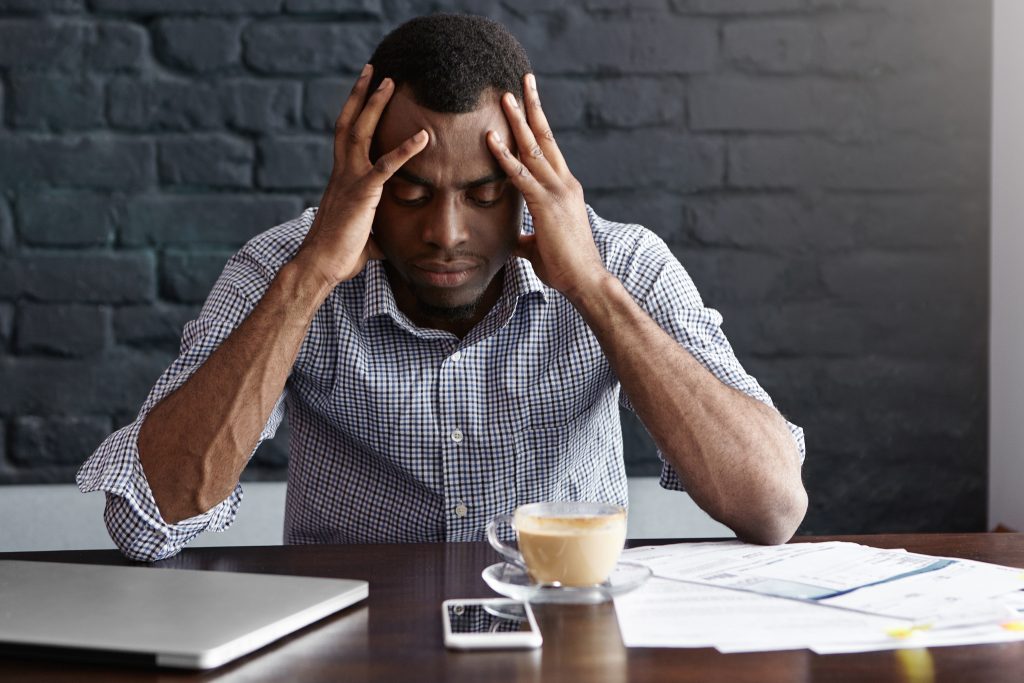
What is a Sleep Study?
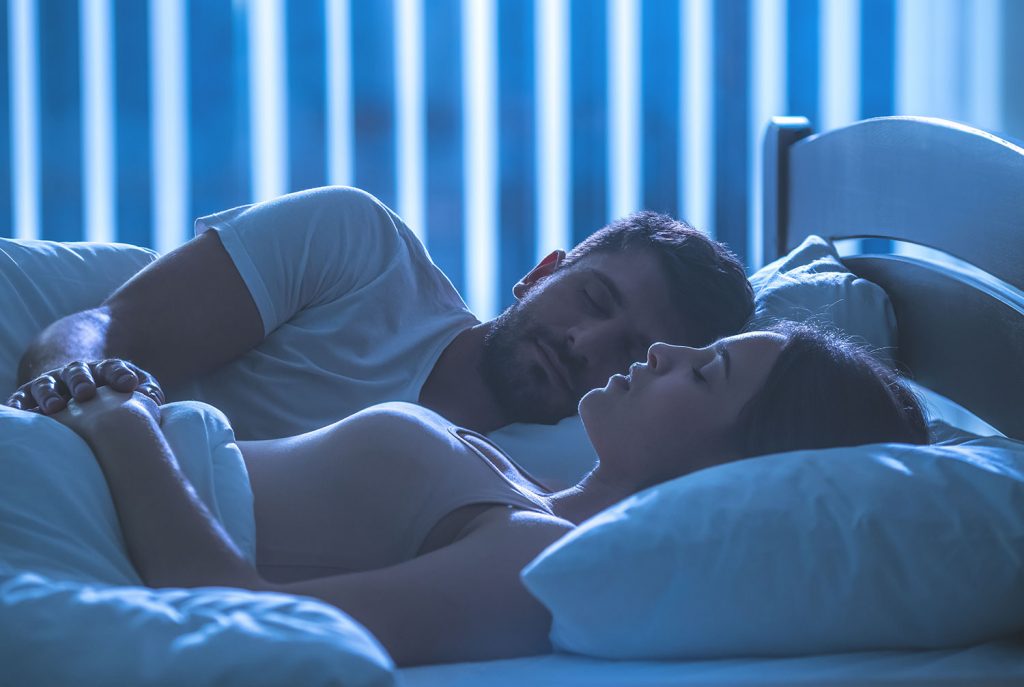
A sleep study, also known as a polysomnogram, is an overnight monitoring test to assist doctors in diagnosing sleep disorders like sleep apnea. During the study, your breathing patterns, oxygen levels, body movements, and brain waves are recorded while you sleep.
A proper diagnosis is crucial, as sleep apnea can lead to serious health issues if left untreated. Coming prepared for your sleep study ensures accurate results and helps you get on the path to better sleep and better health.
Preparing For a Sleep Study
The best way to master your sleep study is by taking the proper steps to prepare for it beforehand. It’s important to schedule the sleep study at a time you’d naturally fall asleep so the study resembles a regular night of sleep as closely as possible.
To help your sleep study run smoothly, we recommend you prepare by:
- Asking questions — Being completely informed about the sleep study and how it’ll help your sleep apnea will put your mind at ease and help you rest assured.
- Receive a comprehensive physical — This will help your specialist determine the right testing for you.
- Maintain a consistent schedule — It’s crucial to go about your normal daily lifestyle and go to bed at a consistent time each night leading up to your sleep study.

What to Do on the Day of Your Sleep Study
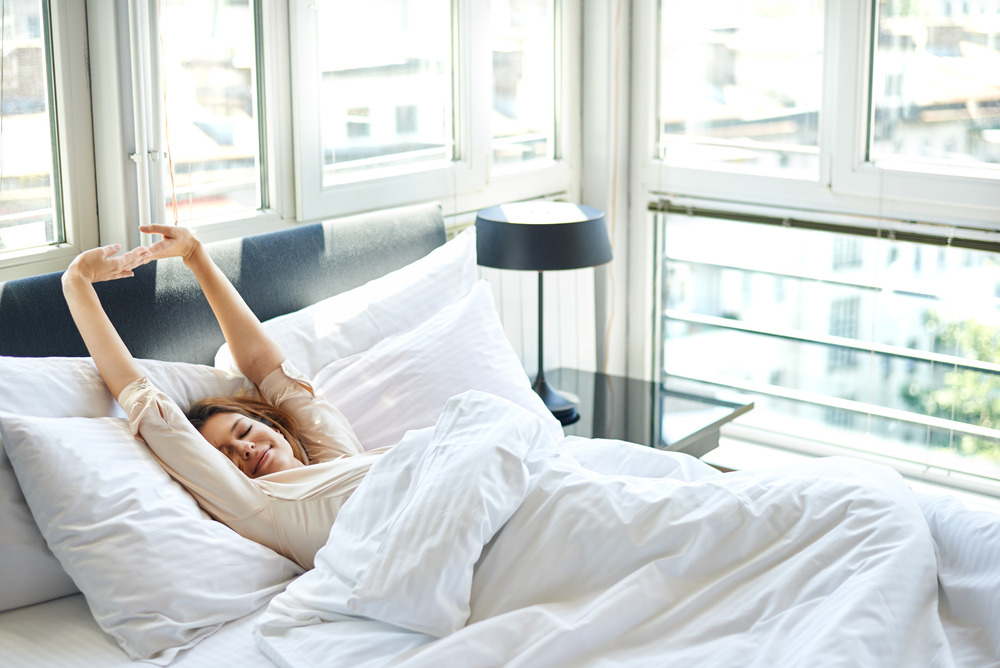
The 24 hours leading up to your sleep study are crucial. Your actions during this time may affect your quality of sleep during the study or prevent you from falling asleep altogether.
Dr. Clinton recommends monitoring your diet on the day of the sleep study to ensure you don’t consume anything that could make it harder for you to fall asleep. This means avoiding caffeine, alcohol, or large amounts of sugar. In addition, you should avoid taking any naps and exercise as you regularly would. By sticking to your daily habits, you can help ensure accurate results.
What to Expect During a Sleep Study
When you arrive at the sleep lab, a technician will greet you, show you to your room, and go over any final instructions. They will then attach various sensors and monitors to your body using adhesive pads. These will track your breathing, oxygen levels, heart rate, brain waves, and body movements while you sleep. The room may also have audio and video monitoring, so the technicians can observe you throughout the night without disrupting your sleep.
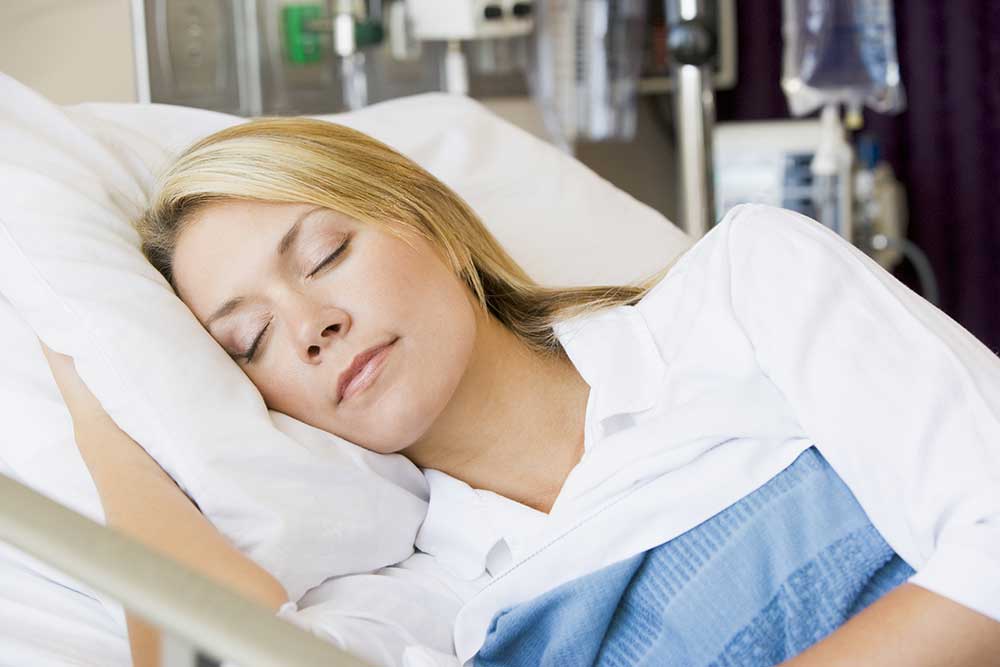
Understanding the Results

After your study, the sleep specialist will carefully analyze the data. They’ll look for patterns of breathing disruptions, drops in oxygen levels, and other indicators of sleep apnea events. Depending on the frequency and severity, they’ll diagnose your apnea severity as mild, moderate, or severe. This diagnosis will inform your prescribed treatment plan, which your Waxahachie sleep dentist will discuss during a follow-up appointment.
Preparing for Treatment
For sleep apnea, common treatment recommendations include continuous positive airway pressure (CPAP) therapy, oral appliances that adjust your jaw position, or surgery to remove airway obstructions. Dr. Clinton can prescribe you an oral appliance to help alleviate your symptoms.
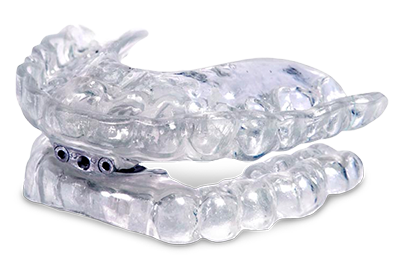
Frequently Asked Questions
Is a sleep study disruptive or uncomfortable?
Your sleep study will be a comfortable and painless experience. The tools used to conduct the study are designed with the needs of a sleeping patient in mind. They won’t be irritating or noisy, and you’ll be able to sleep like normal and provide reliable results for your specialist.
Are there options available if I can't attend an overnight study?
Some patients have schedules or responsibilities that make it unfeasible to visit a facility for an overnight study. Others have difficulty sleeping in unfamiliar locations. If you have concerns about attending an overnight study, an at-home sleep study may be the best option.
You’ll be given equipment for an at-home sleep study to monitor your sleep at home. When you return the equipment, your data will be collected and evaluated. While medical facilities are the preferred environment for sleep studies, at-home studies are a reliable alternative for patients who require flexibility.
What if I wake up during my sleep study?
If you wake up during the night, such as by going to the bathroom or getting a glass of water, you must leave the device on. It’s important to keep recording all night. Once you’ve woken up after a night’s rest, you can turn the device off. You’ll place the equipment back in its case and discard the used nasal cannula.
How long do you need to sleep for a sleep study?
When you undergo a sleep study, it’s required to have at least seven hours of recording to gather enough data to analyze and make the correct diagnosis. If participating in an in-lab sleep study, patients arrive between eight and 10 p.m. and leave the office around six and eight a.m.
Contact Dr. Clinton in Waxahachie, TX
Sleep apnea affects not only your sleep but also your daily life. Contact our Waxahachie sleep dental office at (972) 737-5337 if you’re experiencing symptoms of the condition. We’ll provide you with a no-obligation consultation and refer you to a doctor to complete your sleep study.
You can request your consultation by using the online form below to reach out to us by email. We proudly provide service to patients in the South Dallas area, including Red Oak, Midlothian, Maypearl, and Ennis, TX.
